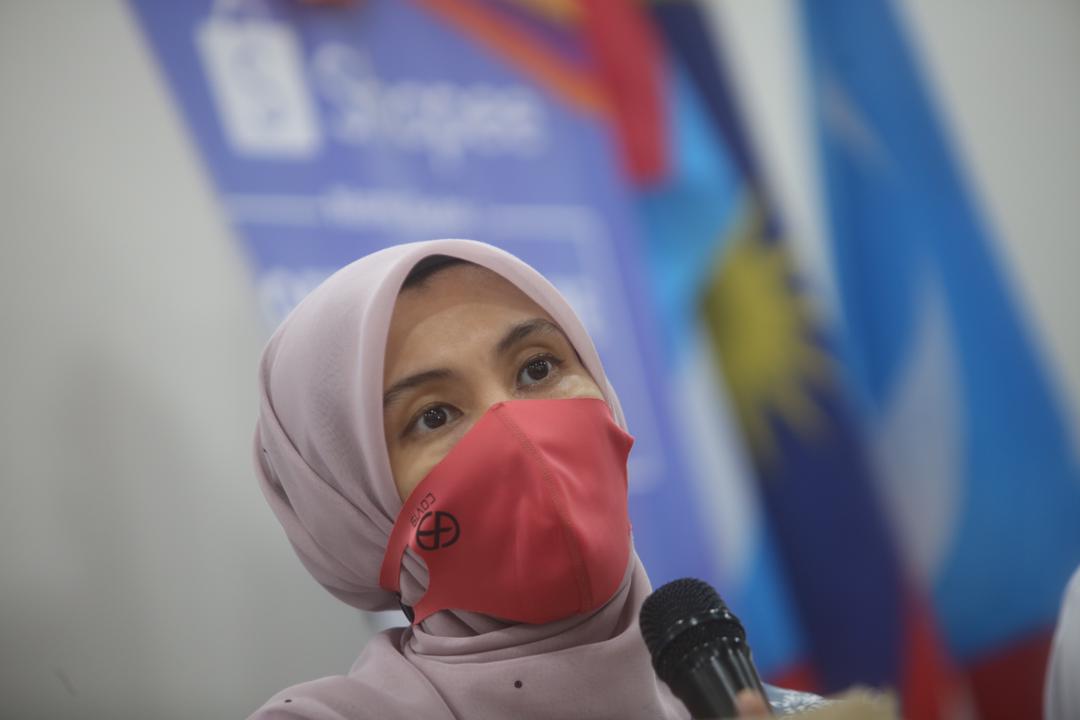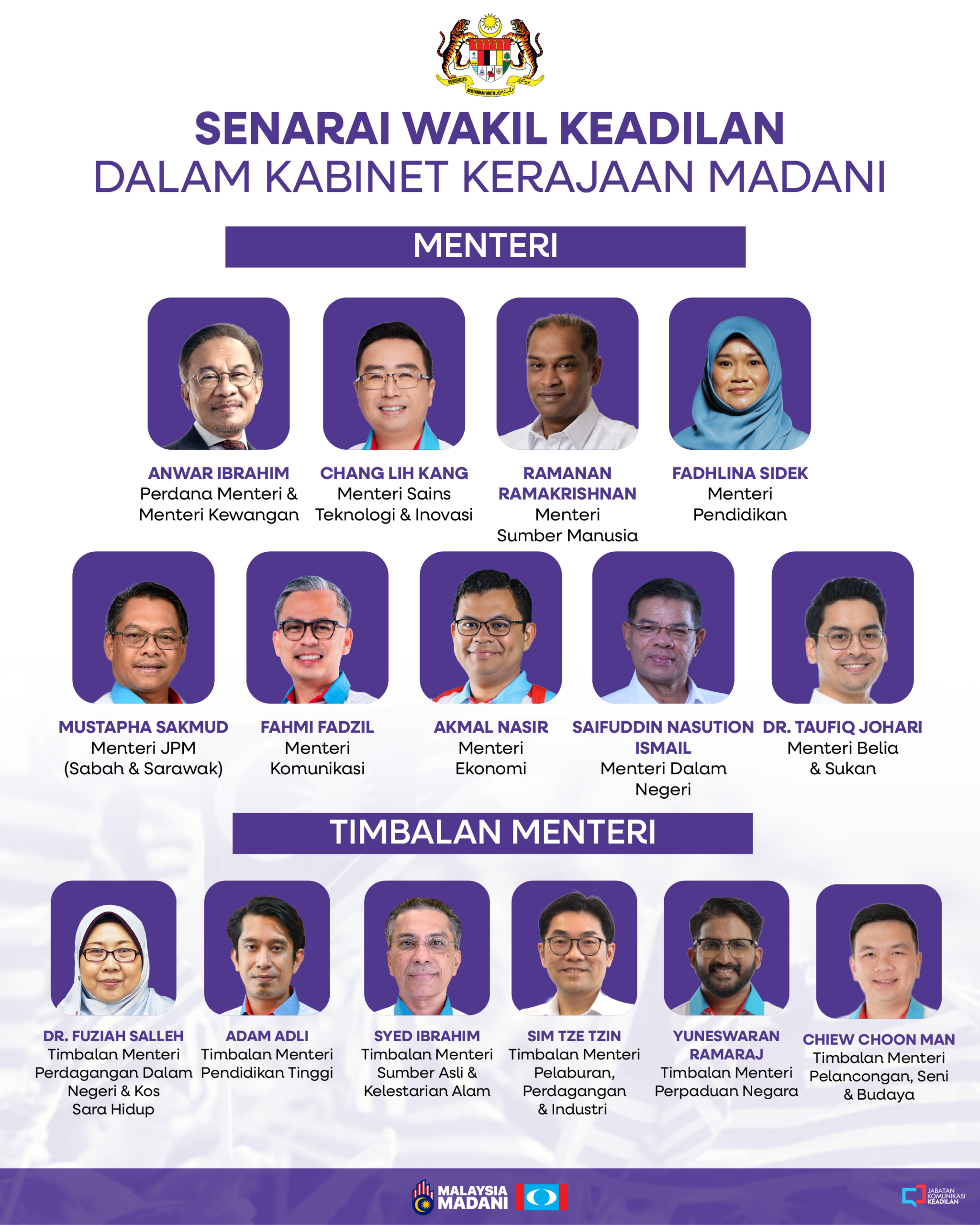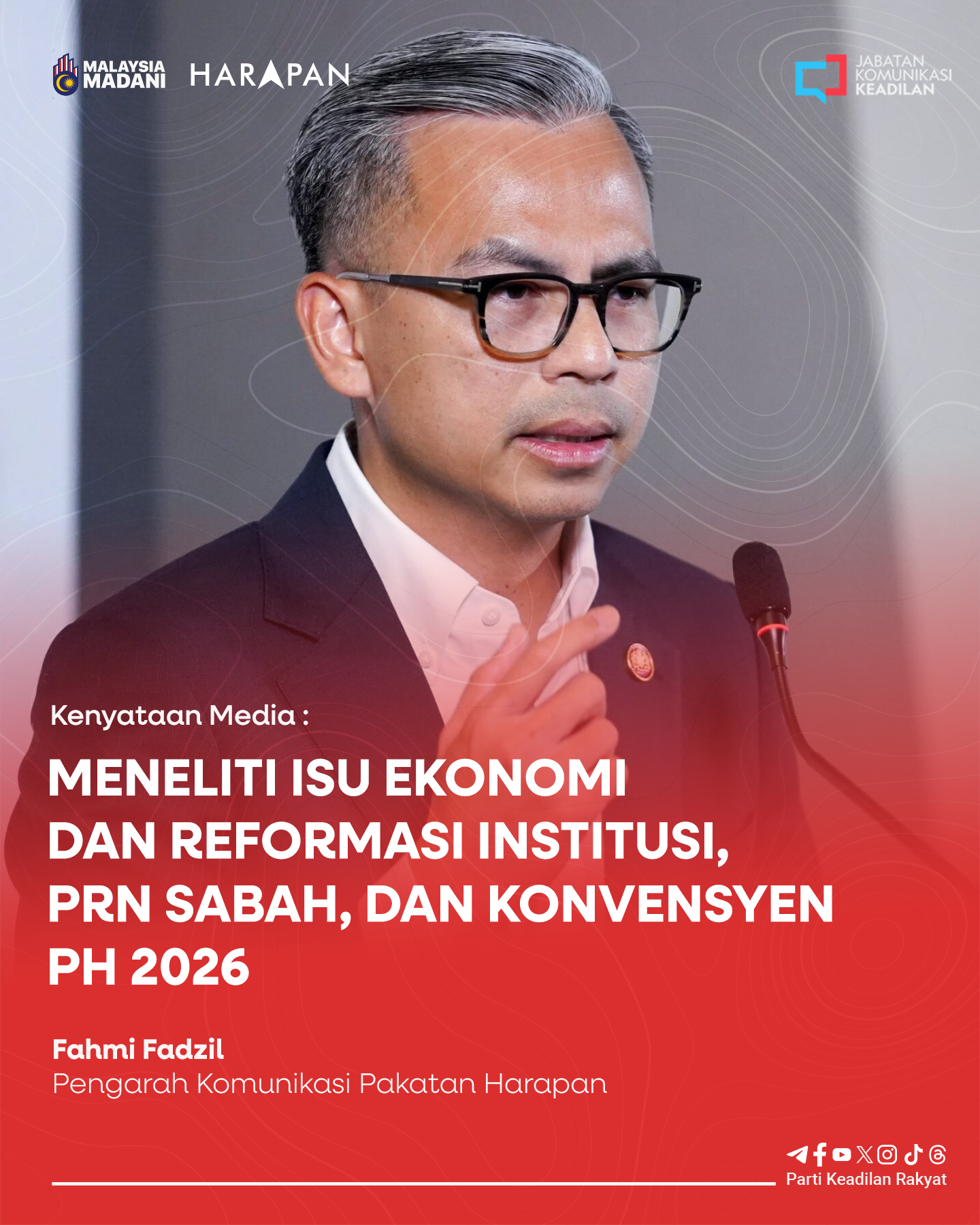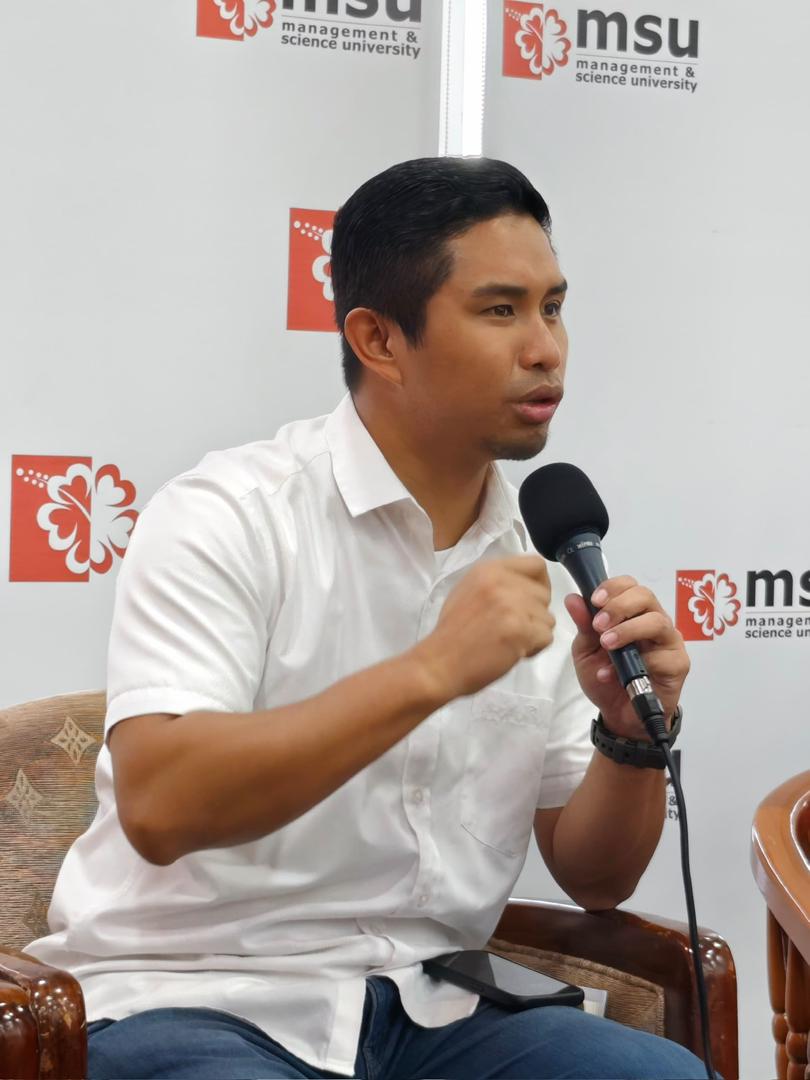

The National Recovery Plan announced by Prime Minister Tan Sri Mahiaddin Yasin yesterday was supposed to highlight the government’s “exit strategy.”
However, it only served to highlight the fact that movement control orders (MCOs) are going to persist in various iterations without adequate financial assistance and will end up leaving more people to suffer.
Our country’s recovery programme cannot take place without meaningful socio-economic support and recovery for the people. This can be achieved through adequate financial assistance, the re-implementation of the automatic bank moratorium, wage subsidies via a sufficient furlough scheme, and the introduction of an automatic employment insurance scheme for all working Malaysians.
While we focus our attention towards B40 segments and their plight, we must also be cognisant of how the now at-risk M40 group is increasingly affected.
In the middle of this recovery, 128,150 companies were registered to operate, involving around 1.57 million workers. By June 15th, our cases hit almost 5000 daily - with 639 emerging clusters from the manufacturing sector alone. On one hand, we have an MCO to prevent many from working, especially those financially vulnerable. On the other hand, we open up the economy to such an extent that it may render lockdown efforts almost meaningless. This neither here nor there approach is topped off by the refusal to provide proper assistance to finance people’s livelihoods.
Malaysia will struggle to recover if SMEs are not given an extension of the automatic moratorium period as suggested by economists; as many as 37.7% of SMEs will go bust if the MCO continues. In Permatang Pauh, De ’Pauh Cafe suffered huge losses and were financially affected by almost 90 per cent; while Fauzan Kari Kepala Ikan Restaurant had to close their operations due to mounting debts. The announcement of a maximum cash assistance plan of RM500, and an SME grant of RM1500, together with a wage subsidy of RM600 per person for only one month is far from sufficient.
Compare this to the banking sector which posted significant profits; Maybank with RM2.39 billion (+16.6%), RHB Bank with RM650.39 million (+13.9%), Public Bank Berhad with RM1.529 billion (+15.1%) - all at end March, 2021.
In RHB Berhad’s Financial Report 2020, it stated a total of RM4,147,000 was paid to their Managing Director with a footnote stating that an additional bonus of RM1,747,000 was also paid the same year. Similarly, Public Bank’s Annual Report 2020 recorded that almost 50% of the total salary of RM18,968,000 was paid to the Executive Director.
The disparity of wages between those at the top and the bottom, with those at the lower end of the scale likely to either have their wages or bonuses cut, or lose their jobs altogether, should highlight the fact that our country can only recover if workers are protected. A proposed salary subsidy of at least RM1,500 for three months; well beyond the announced RM600 (for a month) should be considered, especially when unemployment has reached 5.1 percent with the 15-24 age cohort increasing to 13.7 percent.
Indeed, the automatic moratorium and salary subsidies are just temporary band-aids for deep wounds that require further surgery. At this point, a national rehabilitation programme through the Malaysian Social Protection Council (MySPC) - formerly led by Datuk Seri Dr Wan Azizah Wan Ismail, former Deputy Prime Minister and Minister of Women, Children, and Family Development - should lead the way with a proposed National Social Protection Database System to streamline non-uniform social assistance programmes.
At present, MySPC under Prime Minister Tan Sri Mahiaddin Yasin has held only two meetings: one last December and again earlier this month. Gig schemes offered by MDEC
and other government agencies have proved less effective, reaching less than 10 percent of ‘informal’ workers. This past year and a half has demonstrated gig workers are frontliners of our economy, out every day but without any social safety nets that protect them in precarious situations.
So while we fight to survive in this third iteration, the government must implement the National Social Protection Master Plan which has been sitting idle for too long, and automatically register every working Malaysian to be protected under an insurance scheme.
This will ensure that financial resources are used optimally; that assistance can be provided efficiently to make a targeted impact; and reduce the number of people falling through the cracks. It would do well to provide the necessary support in order to protect the most vulnerable from the most devastating effects of the pandemic; instead of rushing towards fiscal consolidation. Overzealous efforts to maintain ratings cannot come at the expense of the people’s wellbeing. And restoring Malaysia starts with its people.





